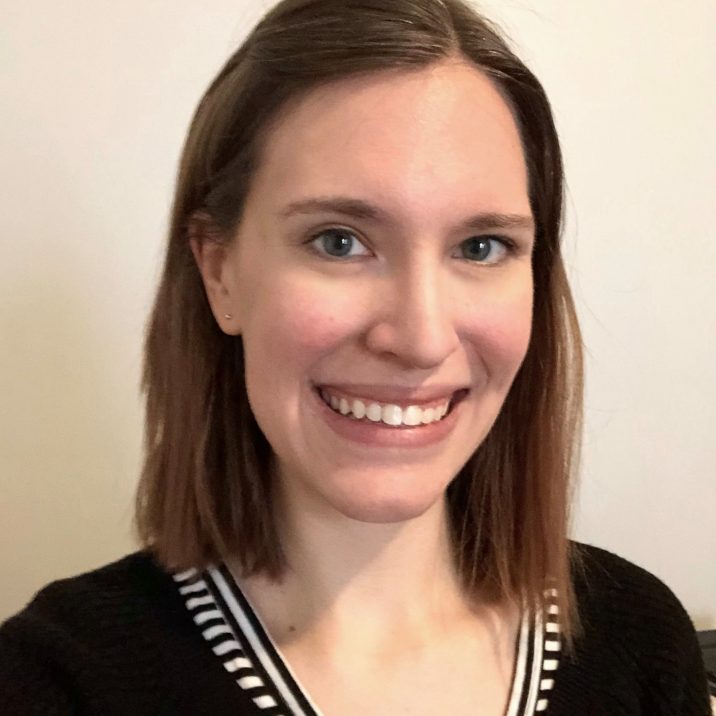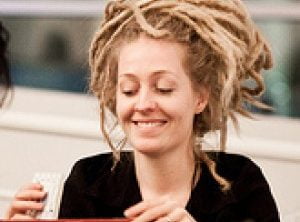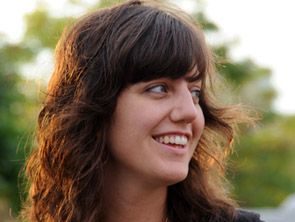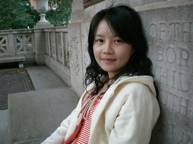In the 1950s, the Gros Michel banana, which was the main variety exported to American supermarkets, was replaced with the Cavendish banana due to Fusarium wilt (also called Panama disease). The disease was caused by the fungus Fusarium oxysporum, and there was no cure. The only solution was to replace Gros Michel with the disease-resistant Cavendish. Now, the fungus is back. A strain called Tropical Race 4 (TR4) has decimated Cavendish plants in parts of Asia, Australia, Africa, and the Middle East over the past few decades. If the disease reaches the Americas, it will have catastrophic effects on the banana industry and on the economies of Latin American banana-producing countries. It is difficult to develop new varieties of commercially grown bananas, which are seedless and therefore sterile. Researchers have developed genetically modified bananas as a possible solution, but acceptance to GMOs varies worldwide, and the process is expensive. Many varieties besides the Cavendish are also susceptible to the disease. This thesis describes the history of fusarium wilt and current efforts to replace the Cavendish while tying in a personal narrative about the diversity of bananas grown in Hawaii, where TR4 has not yet spread. Farmers in Hawaii are worried about the spread of the disease, but many are willing to grow GMOs if they become available to the public; papayas in Hawaii have already been genetically modified since the late 1990s. While a global effort is underway to replace or modify the Cavendish banana, there is no clear solution yet.
Mass Appeal: Saving The World’s Bananas From A Devastating Fungus

While a global effort is underway to replace or modify the Cavendish banana, there is no clear solution yet.




